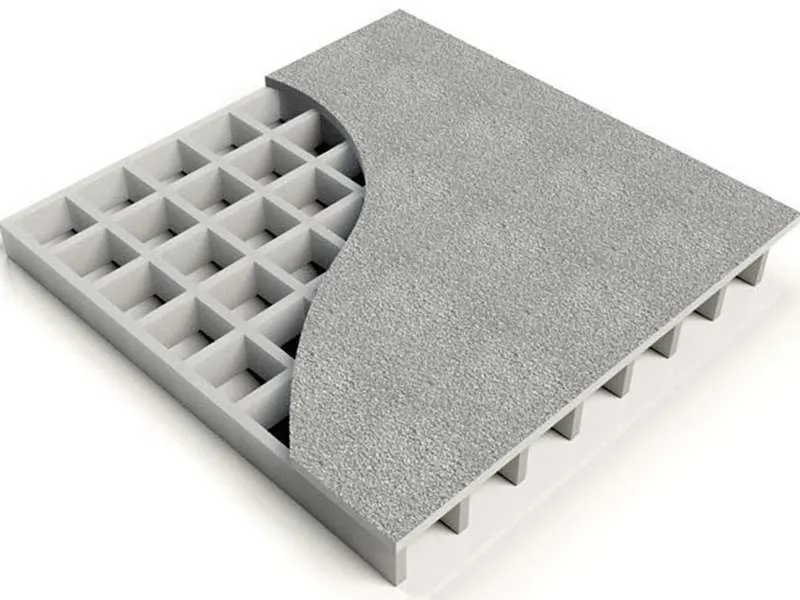
-
 Afrikaans
Afrikaans -
 Albanian
Albanian -
 Amharic
Amharic -
 Arabic
Arabic -
 Armenian
Armenian -
 Azerbaijani
Azerbaijani -
 Basque
Basque -
 Belarusian
Belarusian -
 Bengali
Bengali -
 Bosnian
Bosnian -
 Bulgarian
Bulgarian -
 Catalan
Catalan -
 Cebuano
Cebuano -
 China
China -
 China (Taiwan)
China (Taiwan) -
 Corsican
Corsican -
 Croatian
Croatian -
 Czech
Czech -
 Danish
Danish -
 Dutch
Dutch -
 English
English -
 Esperanto
Esperanto -
 Estonian
Estonian -
 Finnish
Finnish -
 French
French -
 Frisian
Frisian -
 Galician
Galician -
 Georgian
Georgian -
 German
German -
 Greek
Greek -
 Gujarati
Gujarati -
 Haitian Creole
Haitian Creole -
 hausa
hausa -
 hawaiian
hawaiian -
 Hebrew
Hebrew -
 Hindi
Hindi -
 Miao
Miao -
 Hungarian
Hungarian -
 Icelandic
Icelandic -
 igbo
igbo -
 Indonesian
Indonesian -
 irish
irish -
 Italian
Italian -
 Japanese
Japanese -
 Javanese
Javanese -
 Kannada
Kannada -
 kazakh
kazakh -
 Khmer
Khmer -
 Rwandese
Rwandese -
 Korean
Korean -
 Kurdish
Kurdish -
 Kyrgyz
Kyrgyz -
 Lao
Lao -
 Latin
Latin -
 Latvian
Latvian -
 Lithuanian
Lithuanian -
 Luxembourgish
Luxembourgish -
 Macedonian
Macedonian -
 Malgashi
Malgashi -
 Malay
Malay -
 Malayalam
Malayalam -
 Maltese
Maltese -
 Maori
Maori -
 Marathi
Marathi -
 Mongolian
Mongolian -
 Myanmar
Myanmar -
 Nepali
Nepali -
 Norwegian
Norwegian -
 Norwegian
Norwegian -
 Occitan
Occitan -
 Pashto
Pashto -
 Persian
Persian -
 Polish
Polish -
 Portuguese
Portuguese -
 Punjabi
Punjabi -
 Romanian
Romanian -
 Russian
Russian -
 Samoan
Samoan -
 Scottish Gaelic
Scottish Gaelic -
 Serbian
Serbian -
 Sesotho
Sesotho -
 Shona
Shona -
 Sindhi
Sindhi -
 Sinhala
Sinhala -
 Slovak
Slovak -
 Slovenian
Slovenian -
 Somali
Somali -
 Spanish
Spanish -
 Sundanese
Sundanese -
 Swahili
Swahili -
 Swedish
Swedish -
 Tagalog
Tagalog -
 Tajik
Tajik -
 Tamil
Tamil -
 Tatar
Tatar -
 Telugu
Telugu -
 Thai
Thai -
 Turkish
Turkish -
 Turkmen
Turkmen -
 Ukrainian
Ukrainian -
 Urdu
Urdu -
 Uighur
Uighur -
 Uzbek
Uzbek -
 Vietnamese
Vietnamese -
 Welsh
Welsh -
 Bantu
Bantu -
 Yiddish
Yiddish -
 Yoruba
Yoruba -
 Zulu
Zulu
Understanding the Functionality and Applications of FRP Valves in Modern Systems
Understanding FRP Valves Properties, Applications, and Benefits
FRP (Fiber Reinforced Plastic) valves are an innovative solution in the field of fluid control, providing superior performance in a variety of industrial applications. These valves, made from a composite material that combines plastic with reinforcing fibers, offer a host of benefits over traditional materials, such as metal and rubber. In this article, we will explore what FRP valves are, their properties, applications, and the advantages they bring to various industries.
What are FRP Valves?
FRP valves are engineered components used to control the flow of fluids through a piping system. They are made from a plastic matrix, typically polyester or epoxy resin, reinforced with fibers such as glass, carbon, or aramid. This combination results in a lightweight yet robust material that can withstand harsh environmental conditions.
Properties of FRP Valves
1. Corrosion Resistance One of the standout features of FRP valves is their exceptional resistance to corrosion. Unlike metal valves, which can rust and degrade when exposed to corrosive substances, FRP materials are inert and can handle caustic liquids and gases without deteriorating.
2. Lightweight FRP valves are significantly lighter than their metal counterparts, which makes installation and maintenance easier. The reduced weight also contributes to lower shipping costs and simpler logistics in handling these components.
3. High Strength-to-Weight Ratio The reinforcing fibers provide FRP valves with a high strength-to-weight ratio, making them durable enough to handle high-pressure applications while remaining easy to maneuver.
4. Thermal Stability FRP materials exhibit good thermal stability, allowing the valves to operate effectively in a wide range of temperatures. This property is crucial for industries where temperature fluctuations can impact fluid properties.
5. Customizability FRP valves can be molded into various shapes and sizes, providing flexibility in design that caters to specific requirements. This adaptability makes them suitable for a wide range of applications.
Applications of FRP Valves
FRP valves are utilized across numerous industries due to their unique properties. Some common applications include
1. Chemical Processing In environments handling highly corrosive chemicals, FRP valves serve as a reliable choice, ensuring safe and efficient operation.
frp valve

2. Water Treatment Water treatment facilities often employ FRP valves for their durability and resistance to chlorine and other disinfectants used in the purification process.
3. Oil and Gas The oil and gas industry benefits from FRP valves, especially in offshore applications where weight and corrosion resistance are critical factors.
4. Pharmaceuticals In the pharmaceutical sector, where cleanliness and chemical resistance are paramount, FRP valves are ideal for maintaining the integrity of sensitive fluids.
5. Food Processing FRP's non-reactive properties make it a suitable material for valves used in food processing, ensuring that no harmful substances leach into consumable products.
Benefits of FRP Valves
The increasing popularity of FRP valves can be attributed to several key benefits
1. Cost-Effectiveness Although the initial cost of FRP valves may be higher than traditional materials, their longevity and low maintenance requirements lead to significant savings over time.
2. Environmental Impact As industries strive to reduce their carbon footprint, the use of FRP valves contributes to sustainability efforts. Their durability means less frequent replacements and a reduction in waste.
3. Safety FRP valves minimize the risk of leaks and spills in hazardous applications due to their robust construction and corrosion resistance, enhancing workplace safety.
4. Improved Efficiency The lightweight nature of FRP valves facilitates easier handling and installation, leading to efficient workflows in projects and operations.
Conclusion
In conclusion, FRP valves represent a significant advancement in valve technology, offering numerous advantages over conventional materials. Their unique properties make them suitable for a diverse range of applications, from chemical processing to water treatment. As industries continue to prioritize efficiency, safety, and sustainability, the adoption of FRP valves can be expected to grow, solidifying their place as a vital component in modern fluid control systems.









